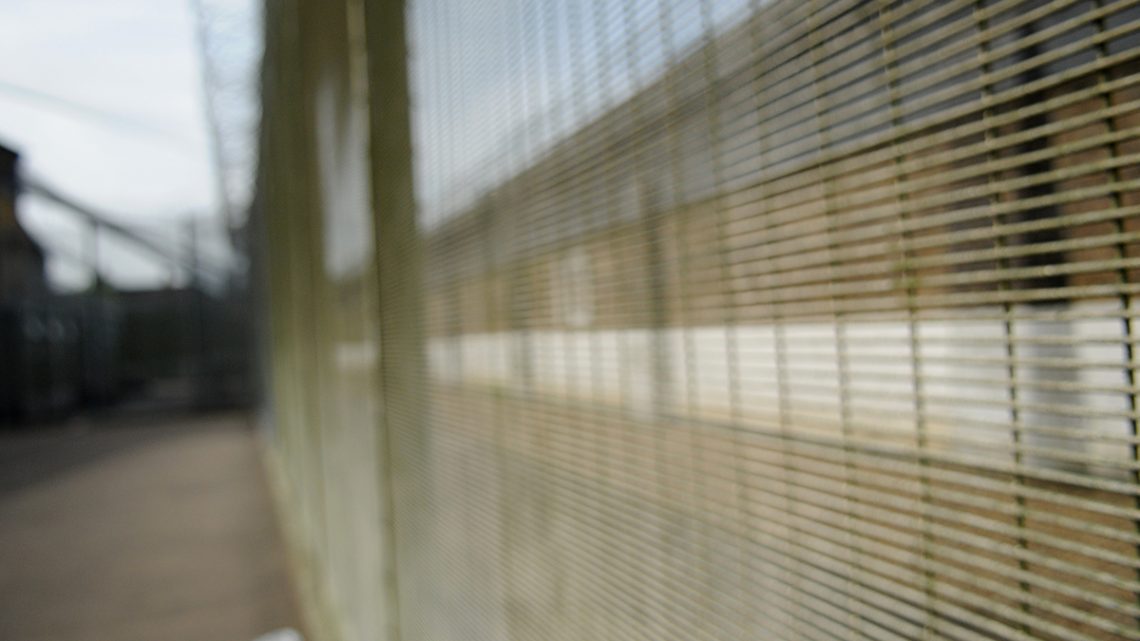
Cardinal Vincent Nichols and Bishop Paul McAleenan, Lead Bishop for Migrants and Refugees, added their voices to those of a number of the country’s Christian leaders calling on the Home Office to stop the use of disused military barracks as accommodation for asylum seekers.
The bishops and church leaders wrote to Home Secretary Priti Patel to stress that the use of such facilities, even as a temporary measure, is “entirely inappropriate”.
Using the example of Napier Barracks in Folkestone, Kent, the signatories also point out that the strategy is at odds with the restrictions in place to combat the spread of Covid-19. Members from different households living in shared facilities suffer an increased risk of infection and residents cannot be held responsible for virus transmission rates when social distancing is not possible.
“As you know, in the absence of safe and legal routes to apply for refugee status outside the UK, many have no choice but to make a dangerous and perilous journey to seek safety from conflict, persecution, and violence.
“After such a traumatic journey, having had to often spend time behind wire fences in refugee camps, it is simply insensitive to house people in such environments. In a global pandemic it is nothing short of irresponsible and risks the lives of residents and staff alike.
“Even as a temporary measure, ex-military barracks are unfit for purpose and entirely inappropriate. Requiring members from different households to use and live in shared facilities greatly increases the risk of infection and residents cannot be held responsible for virus transmission rates when social distancing is not possible.”
Leaning on the shared Christian teaching that upholds all human beings as equal and deserving of respect, dignity and welcome, the leaders promote a model in which asylum seekers are housed within communities:
“We have witnessed at first hand, the generous welcome provided by civic and faith groups to those seeking protection. When asylum seekers are housed within communities, it allows for better integration and access to support services.
“Asylum seekers are often no longer seen as “other” but as neighbours and friends. It is in this environment that asylum seekers physical and mental wellbeing can be protected, and they are also able to better engage with their asylum application.”
You can read/download the letter to the Home Secretary.